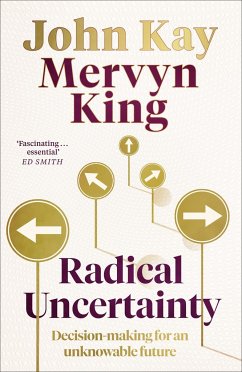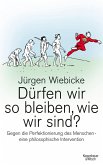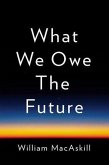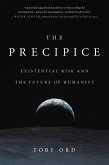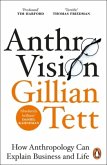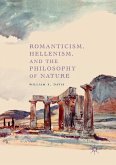'A brilliant new book'
Daily Telegraph
'Well written . . . and often entertaining'
The Times
'A sparkling analysis'
Prospect
'Entertaining and enlightening . . . This is a necessary critique and they make it with verve, knowledge and a wealth of stories'
Financial Times
'An elegant, wise and timely book' Irish Times
'Jam-packed with erudition' New Statesman
This major, critically acclaimed work asks a vitally important question for today: when uncertainty is all around us, and the facts are not clear, how can we make good decisions?
We do not know what the future will hold, particularly in the midst of a crisis, but we must make decisions anyway. We regularly crave certainties which cannot exist and invent knowledge we cannot have, forgetting that humans are successful because we have adapted to an environment that we understand only imperfectly. Throughout history we have developed a variety of ways of coping with the radical uncertainty that defines our lives.
This incisive and eye-opening book draws on biography, history, mathematics, economics and philosophy to highlight the most successful - and most short-sighted - methods of dealing with an unknowable future. Ultimately, the authors argue, the prevalent method of our age falls short, giving us a false understanding of our power to make predictions, leading to many of the problems we experience today.
Daily Telegraph
'Well written . . . and often entertaining'
The Times
'A sparkling analysis'
Prospect
'Entertaining and enlightening . . . This is a necessary critique and they make it with verve, knowledge and a wealth of stories'
Financial Times
'An elegant, wise and timely book' Irish Times
'Jam-packed with erudition' New Statesman
This major, critically acclaimed work asks a vitally important question for today: when uncertainty is all around us, and the facts are not clear, how can we make good decisions?
We do not know what the future will hold, particularly in the midst of a crisis, but we must make decisions anyway. We regularly crave certainties which cannot exist and invent knowledge we cannot have, forgetting that humans are successful because we have adapted to an environment that we understand only imperfectly. Throughout history we have developed a variety of ways of coping with the radical uncertainty that defines our lives.
This incisive and eye-opening book draws on biography, history, mathematics, economics and philosophy to highlight the most successful - and most short-sighted - methods of dealing with an unknowable future. Ultimately, the authors argue, the prevalent method of our age falls short, giving us a false understanding of our power to make predictions, leading to many of the problems we experience today.

